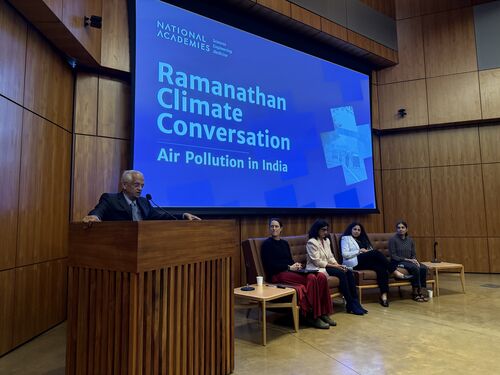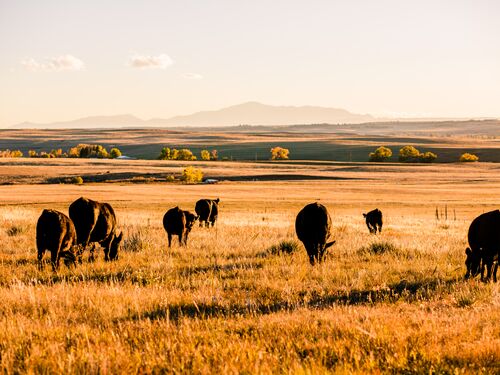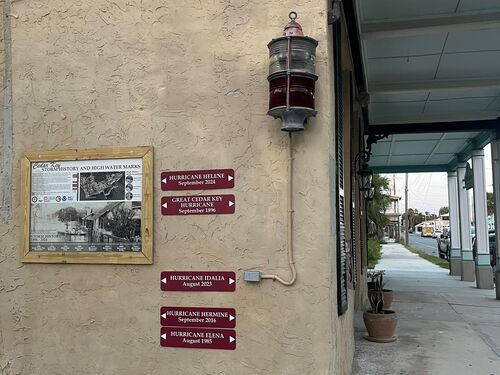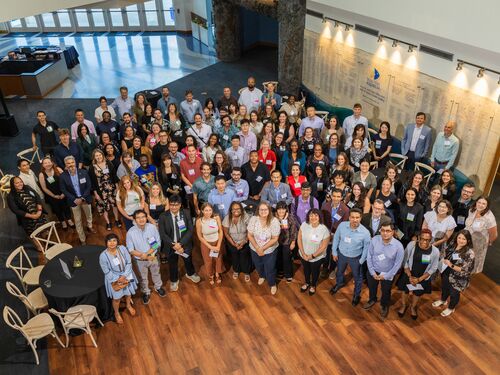One Ocean Expedition: Sailing to Greenland for Science and Connection
Program News
By Susan Roberts
Last update August 8, 2025
Can you imagine sailing the high seas of the Atlantic Ocean to the frigid waters of Greenland? This summer, about 40 graduate students and faculty from Portugal, Norway, Greenland, and the U.S. are spending three weeks on the Staatsraad Lehmkuhl, sailing from Ponta Delgada on Sao Miguel Island in the Azores to Nuuk, Greenland. The vessel is a three-masted barque, built in Germany in 1914 and now based in Bergen, Norway. Although the ship is majestic, the accommodation is spartan - just hammocks in a shared space below decks. However, these students eagerly joined the ship in Ponta Delgada after a three-day workshop on the campus of the University of the Azores to begin their oceanographic voyage.
This year’s expedition of the Staatsraad Lehmkuhl – a circumnavigation of North America - is a contribution to the UN Decade of Ocean Science for Sustainable Development organized to inspire and engage students in ocean science around the globe. With its modern oceanographic equipment, the ship will serve as a floating university for students to take measurements, share experiences, and create a network of young leaders.
Countries around the world have established national decade committees to provide a link between their countries and the international program. In the U.S., the Ocean Studies Board of the National Academies of Sciences, Engineering, and Medicine serves as the U.S. National Committee for the Ocean Decade.
Workshop
Students began their journey with an introduction to the Ocean Decade on the first day of the workshop. The workshop included presentations and a panel discussion on the Ocean Decade with speakers Peter Haugen, former chair of the Intergovernmental Oceanographic Commission, lead expert for the High Level Panel for a Sustainable Ocean Economy, and professor at University of Bergen, Norway; Luis Pinheiro, coordinator of the Portuguese National Committee for the UN Ocean Decade; and Susan Roberts, director of the U.S. National Ocean Decade Committee, National Academies of Sciences, Engineering, and Medicine.
Highlights of the workshop included presentations from faculty at the University of the Azores, who discussed local research on ocean decade topics such as monitoring marine biodiversity, stakeholder engagement in marine ecosystem management, and ocean literacy. Some of the students gave presentations on their graduate research topics, an impressive show of the talent in this up-and-coming generation of young scientists. The workshop also included presentations on oceanographic observations, from in situ platforms to satellite remote sensing, setting the scene for one of the scientific goals of the expedition.
Revisiting the Past with Modern Tools
The students will be kept busy during their three-week cruise as they learn how to take oceanographic measurements and investigate changes in the deep waters of the North Atlantic. During their three-week journey from the Azores to Greenland, the students will recalibrate 150-year-old ocean temperature observations. Prior to modern instrumentation, hemp ropes were lowered thousands of meters to measure deep ocean temperatures. The students will replicate those methods and use modern instruments to calibrate the historical data. These data will contribute to other observations of the warming trend in the deep ocean.
Professors Kerim Nisancioglu and Endre Tvinnereim, from the University of Bergen, are guiding the students on this expedition, providing their insights on the oceanography of the North Atlantic and on societal impacts. Tvinnereim teaches climate policy and normative political theory. Nisancioglu is professor of climate dynamics, with a background in oceanography and glaciology. His research explores how quickly the ice melts in Greenland in response to warming trends. With continued warming and ice melt, sea levels will rise, affecting coastlines around the world. Understanding these processes and the implications for people in coastal communities is a major theme of the Ocean Decade and a critical issue for the early career students on this cruise.
Susan Roberts is the director of the Ocean Studies Board at the National Academies of Sciences, Engineering, and Medicine. The Ocean Studies Board serves as the U.S. National Committee for the Decade of Ocean Science for Sustainable Development.
The workshop was organized by the UT Austin-Portugal Program, Real Embaixada da Noruega em Lisboa, OKEANOS, Institute of Marine Research, University of the Azores, Portuguese National Committee for the UN Ocean Decade, Portuguese Committee for the IOC-UNESCO, and CIBIO/InBio_Açores.
More like this
Events
Right Now & Next Up
Stay in the loop with can’t-miss sessions, live events, and activities happening over the next two days.
NAS Building Guided Tours Available!
Participate in a one-hour guided tour of the historic National Academy of Sciences building, highlighting its distinctive architecture, renowned artwork, and the intersection of art, science, and culture.



